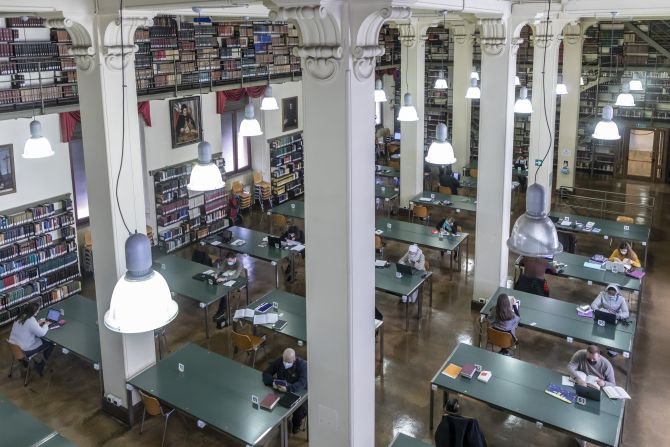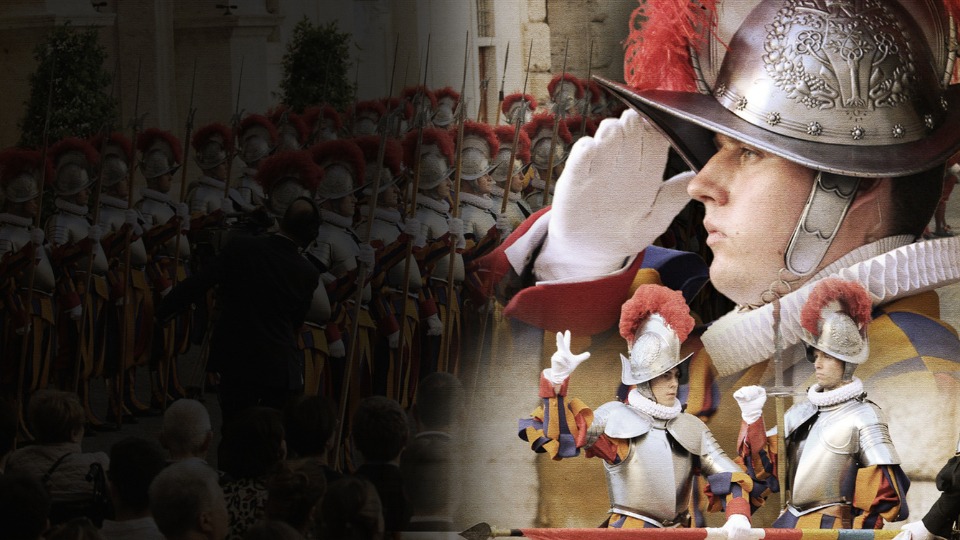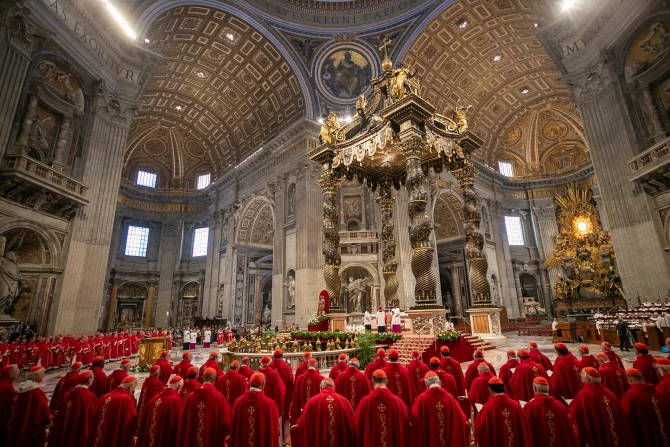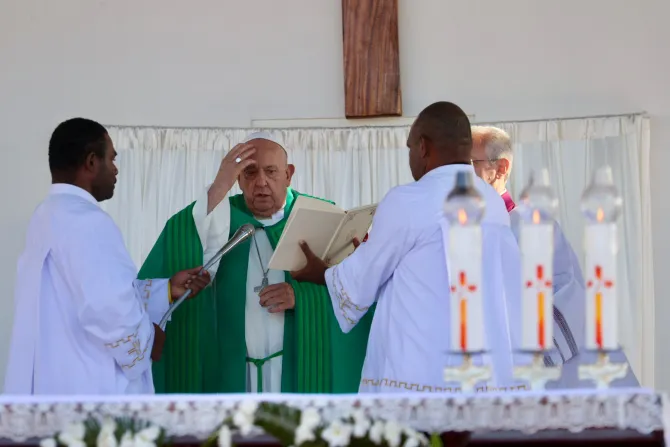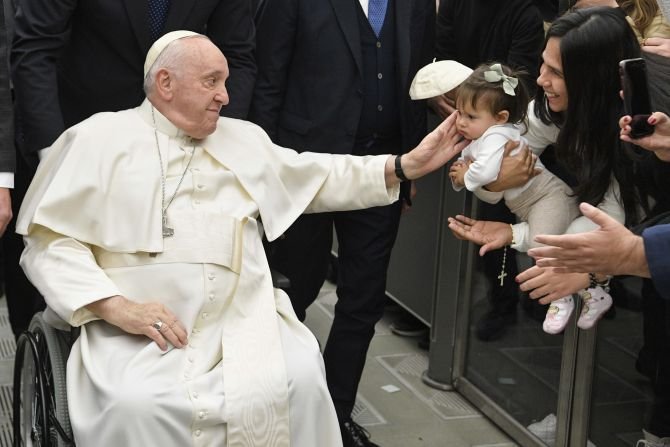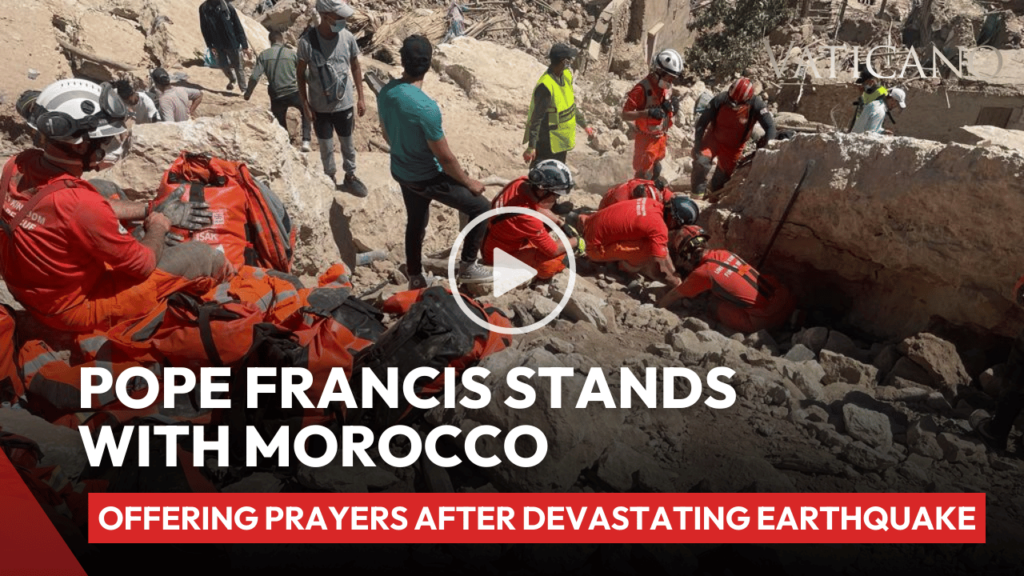The historic Jesuit-run Pontifical Gregorian University this week announced its official merger with the Pontifical Biblical Institute and the Pontifical Oriental Institute.
The Gregorian announced on its website on Monday that, per a decree from Jesuit Superior General Father Arturo Sosa, the university’s new General Statutes will “permanently incorporate” the two institutes with the Gregorian into one corporate structure.
The merger of the three Rome-based schools will take effect on Pentecost Sunday, May 19. The institutions will merge “while still retaining their own names and missions,” the university said.
The Gregorian currently has an enrollment of about 2,700 students, 70% of whom come from outside Italy. For centuries it has been a major center of Catholic education and intellectual thought, training students in various disciplines for roles in the priesthood, religious life, and lay ministries. About 20% of its students are laymen and laywomen.
It counts among its alumni numerous saints and popes as well as well-known living clergy such as Cardinal Raymond Burke and Cardinal Giovanni Battista Re.
The two institutes, meanwhile, instruct approximately 300 students each and offer graduate-level degrees in topics such as canon law and sacred Scripture.
The biblical institute was established in 1909 by Pope Pius X. The pontiff in his apostolic letter Vinea Electa tasked the institute to “defend, promulgate, and promote the sound doctrine of the Holy Books” and to “promote as effectively as possible the biblical doctrine and all related studies according to the spirit of the Catholic Church.”
The “particular mission” of the Oriental Institute, meanwhile, is “to serve the Eastern Churches” by carrying out “objective research, teaching, and publications” regarding those churches, which it does also as a means to “make [their] riches available to the Latin West.”
All three institutes are run by Jesuits. As “pontifical” institutions, they are under the authority of the Holy See.
The Gregorian in its announcement noted that the merger came about “following the chirograph signed by Pope Francis on Dec. 17, 2019,” in which the Holy Father “ordered that the Pontifical Biblical Institute and the Pontifical Oriental Institute be joined to the Gregorian University.”
The three schools have already been associated for nearly a century through the Gregorian Consortium after the 1930 motu proprio Quod Maxime issued by Pope Pius XI.

